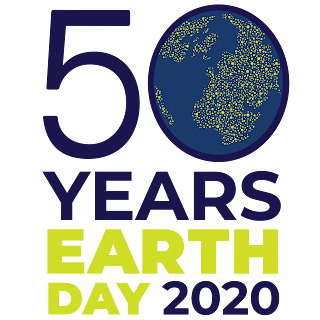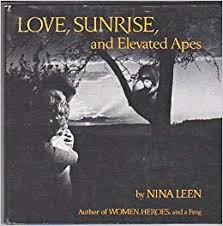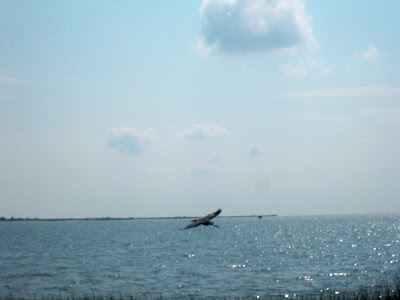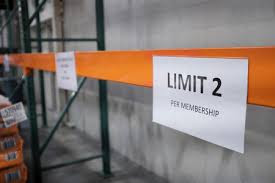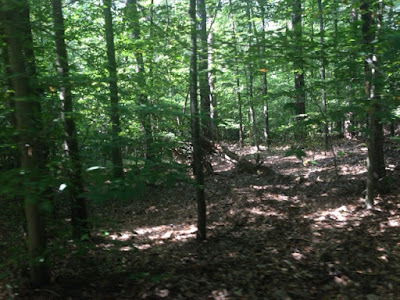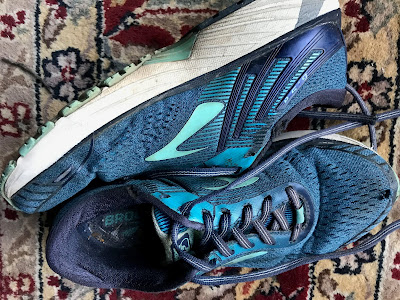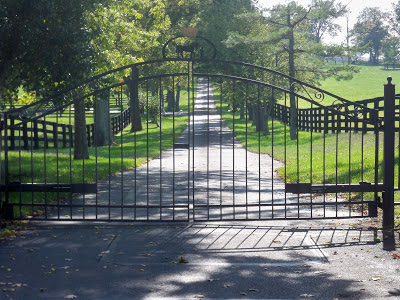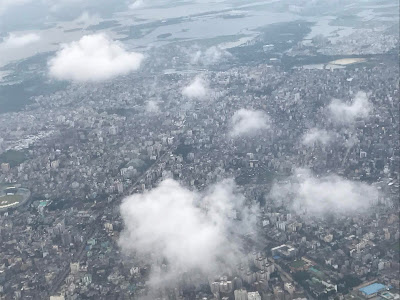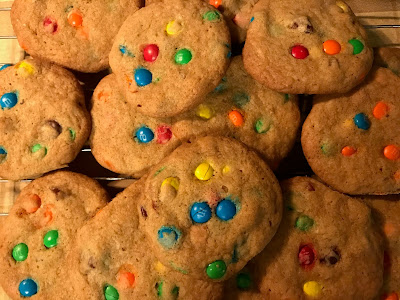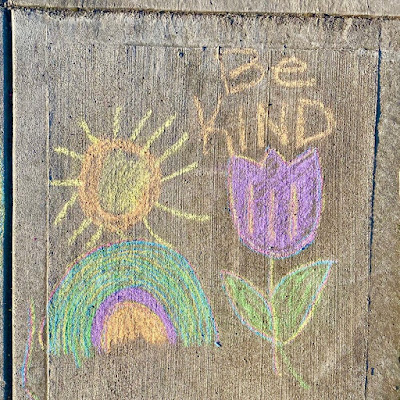Earth Day at 50
If Earth Day was a person, it would need reading glasses by now. The holiday that once seemed the epitome of peace, love and kumbaya may look a little dated in these decidedly less than peace, love and kumbaya times. But although reduced travel and worldwide lockdowns are giving us a tiny reprieve from global warming, Earth Day is still more important than ever before.
Last night I watched a documentary about Norman Borlaug, a Nobel prize winning scientist who is credited with saving up to a billion lives by launching the Green Revolution. The film described his laser-like focus to solve the problem of world hunger — and the selfless way he went about it (for instance, he never patented one of his new hybrids).
But the documentary also pointed out the legacy of the hybrid wheat Borlaug created, the water and fertilizer it requires to grow, the damage it has done to our environment and to social structures as displaced farmers flocked to cities, swelling their populations to the breaking point.
The film made clear that the seeds of one generation’s problems are planted in the solutions of the previous generation. We all do the best we can with the time we have.
What will we do, now? That’s the question Earth Day asks of us.
